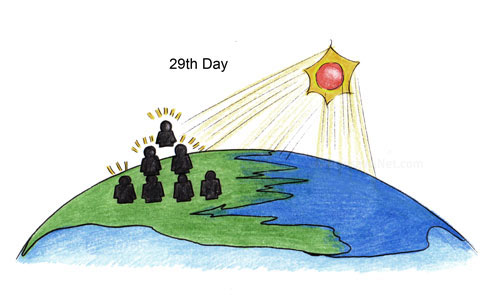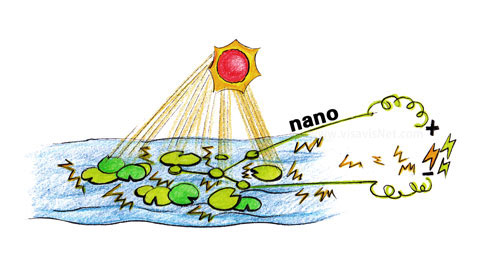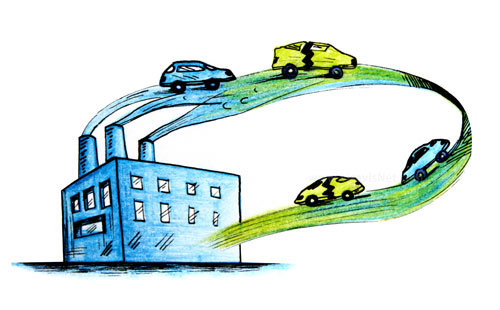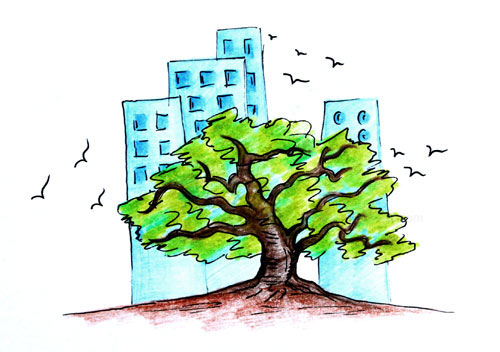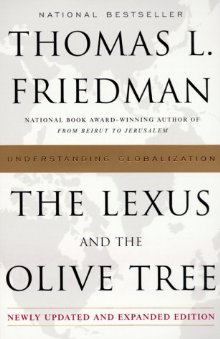
дёӯж–ҮеҸӮиҖғиҜ‘еҗҚ: еҮҢеҝ—жұҪиҪҰдёҺж©„жҰ„ж ‘пјҡзҗҶи§Је…ЁзҗғеҢ–
жҲ–гҖҠйӣ·е…ӢиҗЁж–ҜдёҺж©„жҰ„ж ‘гҖӢ
Author: Thomas L. Friedma
Publisher: Anchor
Keywords: globalization, understanding, tree, olive, lexus
Number of Pages: 490
Published: 2000-05-01
List price: $15.95
ISBN-10: 0385499345
ISBN-13: 9780385499347
д№ҰзұҚд»Ӣз»Қ(иӢұж–Ү)
One day in 1992, Thomas Friedman toured a Lexus factory in Japan and marveled at the robots that put the luxury cars together. That evening, as he ate sushi on a Japanese bullet train, he read a story about yet another Middle East squabble between Palestinians and Israelis. And it hit him: Half the world was lusting after those Lexuses, or at least the brilliant technology that made them possible, and the other half was fighting over who owned which olive tree.
Friedman, the well-traveled New York Times foreign-affairs columnist, peppers The Lexus and the Olive Tree with stories that illustrate his central theme: that globalization--the Lexus--is the central organizing principle of the post-cold war world, even though many individuals and nations resist by holding onto what has traditionally mattered to them--the olive tree.
Problem is, few of us understand what exactly globalization means. As Friedman sees it, the concept, at first glance, is all about American hegemony, about Disneyfication of all corners of the earth. But the reality, thank goodness, is far more complex than that, involving international relations, global markets, and the rise of the power of individuals (Bill Gates, Osama Bin Laden) relative to the power of nations.
No one knows how all this will shake out, but The Lexus and the Olive Tree is as good an overview of this sometimes brave, sometimes fearful new world as youвҖҷll find. --Lou Schuler
From one of our most perceptive commentators and winner of the National Book Award, a comprehensive look at the new world of globalization, the international system that, more than anything else, is shaping world affairs today.
As the Foreign Affairs columnist for The New York Times, Thomas L. Friedman has traveled the globe, interviewing people from all walks of contemporary life: Brazilian peasants in the Amazon rain forest, new entrepreneurs in Indonesia, Islamic students in Teheran, and the financial wizards on Wall Street and in Silicon Valley.
Now Friedman has drawn on his years on the road to produce an engrossing and original look at globalization. Globalization, he argues, is not just a phenomenon and not just a passing trend. It is the international system that replaced the Cold War system; the new, well-greased, interconnected system: Globalization is the integration of capital, technology, and information across national borders, in a way that is creating a single global market and, to some degreee, a global village. Simply put, one canвҖҷt possibly understand the morning news or oneвҖҷs own investments without some grasp of the system. Just one example: During the Cold War, we reached for the hot line between the White House and the Kremlin--a symbol that we were all divided but at least the two superpowers were in charge. In the era of globalization, we reach for the Internet--a symbol that we are all connected but nobody is totally in charge.
With vivid stories and a set of original terms and concepts, Friedman offers readers remarkable access to his unique understanding of this new world order, and shows us how to see this new system. He dramatizes the conflict of "the Lexus and the olive tree"--the tension between the globalization system and ancient forces of culture, geography, tradition, and community. He also details the powerful backlash that globalization produces among those who feel brutalized by it, and he spells out what we all need to do to keep the system in balance. Finding the proper balance between the Lexus and the olive tree is the great drama of he globalization era, and the ultimate theme of FriedmanвҖҷs challenging, provocative book--essential reading for all who care about how the world really works.
| < дёҠйЎө | дёӢйЎө > |
|---|


